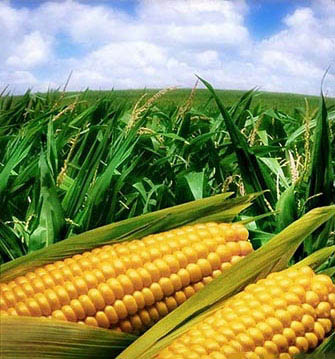The UN Food and Agricultural Organization (FAO) warned on Wednesday in Bali, Indonesia, that if the international community does not act immediately, climate change will increase hunger and malnutrition.
Addressing the ongoing UN climate change conference in Bali, Jacques Diouf, director-general of FAO, said "more frequent and more intense extreme weather events will have adverse immediate impacts on food availability, food accessibility, food utilization and the stability of food systems."
Speaking on behalf of the Rome-based FAO, the International Fund for Agricultural Development (IFAD), and the World Food Program (WFP), he said: "FAO, IFAD and WFP wish to register their deepest concern about the impacts of climate change on both rural and urban development, and especially on our fight against hunger and poverty."
??
He said vulnerable people and food systems will be particularly affected by climate change.
To reduce risk and strength the resilience of rural people, immediate action to mitigate and adapt to climate change is essential, he noted.
He added: "adapting to climate change also includes redoubling our efforts to ensure that a growing and more urban world population has access to sufficient, safe and nutritious food to meet their dietary needs for an active and healthy life."
Poor people must be part of the solution, he noted, adding that their (The poorest people) efforts in sustainably managing their land, water and other nature resources should be rewarded, so that they benefit more than they do now from carbon trading schemes.
He stressed that sustainable forest management offers opportunities for immediate climate change mitigation and adaptation. Deforestation is responsible for an estimated 17 percent of global greenhouse gas emissions.
"Sustainable forest management approaches, tools and partnerships allow us to take comprehensive, rapid and effective action in support of this goal (reduce deforestation and possibly also forest degradation), and at the same time to benefit the rural poor, capture environmental co-benefits and reinforce adaptation activities," he said.
He underlined that integrated strategies and collaborative approaches are required to overcome the multiple treats of climate change.
"Effective implementation of strategies will require increased investment in agricultural development and natural resources management at local and national levels by governments, the private sector, civil society and development agencies," he said.
FAO's 2006 State of Food Insecurity Report estimated that about854 million people worldwide suffer from hunger, of whom more than820 million live in developing countries. Climate change is likely not only to put an additional burden on the already food insecure, but also to increase the vulnerability of poor people everywhere, the report said.
(Xinhua News Agency December 13, 2007)






